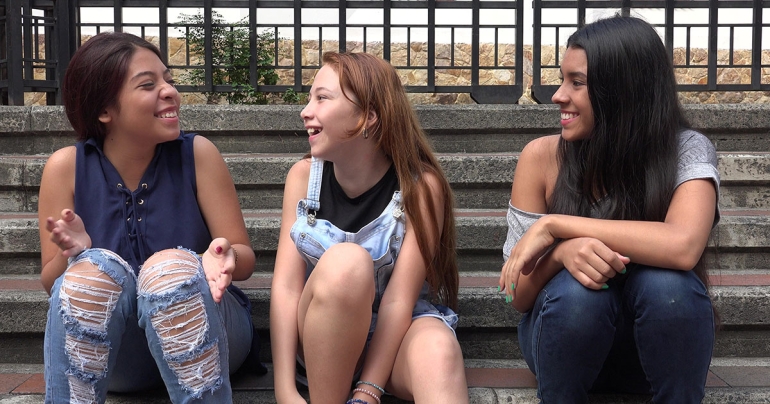Today’s teens face a myriad of issues and pressures like no previous generation. The rise of social media dangers and associated crimes has been prevalent in the media.
However, one topic, human trafficking, is often viewed as something that only happens at the border or in big cities, but certainly not “in my backyard.” Sadly, this is far from true.
Myths About Human Trafficking
Human trafficking involves the use of force, fraud, or coercion to obtain some type of labor or commercial sex act with vulnerable individuals. These forms often include fraudulent job opportunities, false promises of love or a better life, psychological coercion, and threats of violence.
A trafficked youth may experience months of grooming and manipulation before they are exploited. Human trafficking doesn’t require movement from place to place either. It is a crime that can be committed against an individual who has never left their hometown.
Traffickers can be of any gender, age, or race. They can be strangers, but also employers, those connected by mutual friends or family members, and even people of prominence. The common denominator is that they prey on vulnerable individuals and often go to locations where these people tend to congregate.
In the case of youth recruitment, traffickers will target social media, online and dating apps, and popular meeting places such as malls, concerts, public transit, and schools. Sometimes they even target group homes, detention centers, shelters, and foster care homes. Traffickers know that individuals in these locations are experiencing hardship and can play to those vulnerabilities by offering financial or emotional support to gain trust.
What Can a Parent or Adult Do to Protect Youth?
Learning and understanding youth risk factors is a good first step. Risk factors include poverty; homelessness; a lack of support networks; a history of running away; being bullied; a family history of sexual abuse or violence; and substance abuse or addiction. To counteract these factors, education is crucial:
- Talk about being taken advantage of and what that can look like.
- Help youth develop protective factors and build self-esteem by recognizing their capability, potential, and interests.
- Talk about characteristics of healthy relationships and red flags for abuse.
- Share safe internet use. Use empowering language that resonates with youth rather than formal or textbook language. Let them know you care and are concerned about their safety.
Resources Are Available
North Star Youth Partnership provides youth development programs in Maricopa and Yavapai Counties that build self-confidence and equip teens with a “toolkit” of life skills. Staff can provide resources on human trafficking, such as the U.S. Department of Homeland Security’s Blue Campaign. Their materials are free and feature pamphlets, information sheets, and toolkits to aid individuals that work with youth, parents, and law enforcement in recognizing instances of human trafficking and reporting them.
To get additional information about human trafficking or learn about North Star, visit our website or email North Star at This email address is being protected from spambots. You need JavaScript enabled to view it..

